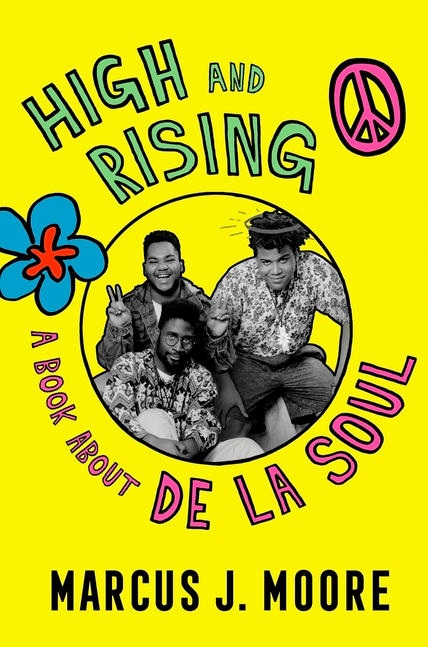 Image 1 of 1
Image 1 of 1


We Refuse
An "unsparing, erudite, and incisive" (Jelani Cobb) reframing of the past and present of Black resistance--both nonviolent and violent--to white supremacy
Black resistance to white supremacy is often reduced to a simple binary, between Dr. Martin Luther King Jr.'s nonviolence and Malcolm X's "by any means necessary." In We Refuse, historian Kellie Carter Jackson urges us to move past this false choice, offering an unflinching examination of the breadth of Black responses to white oppression, particularly those pioneered by Black women.
The dismissal of "Black violence" as an illegitimate form of resistance is itself a manifestation of white supremacy, a distraction from the insidious, unrelenting violence of structural racism. Force--from work stoppages and property destruction to armed revolt--has played a pivotal part in securing freedom and justice for Black people since the days of the American and Haitian Revolutions. But violence is only one tool among many. Carter Jackson examines other, no less vital tactics that have shaped the Black struggle, from the restorative power of finding joy in the face of suffering to the quiet strength of simply walking away.
Clear-eyed, impassioned, and ultimately hopeful, We Refuse offers a fundamental corrective to the historical record, a love letter to Black resilience, and a path toward liberation.
An "unsparing, erudite, and incisive" (Jelani Cobb) reframing of the past and present of Black resistance--both nonviolent and violent--to white supremacy
Black resistance to white supremacy is often reduced to a simple binary, between Dr. Martin Luther King Jr.'s nonviolence and Malcolm X's "by any means necessary." In We Refuse, historian Kellie Carter Jackson urges us to move past this false choice, offering an unflinching examination of the breadth of Black responses to white oppression, particularly those pioneered by Black women.
The dismissal of "Black violence" as an illegitimate form of resistance is itself a manifestation of white supremacy, a distraction from the insidious, unrelenting violence of structural racism. Force--from work stoppages and property destruction to armed revolt--has played a pivotal part in securing freedom and justice for Black people since the days of the American and Haitian Revolutions. But violence is only one tool among many. Carter Jackson examines other, no less vital tactics that have shaped the Black struggle, from the restorative power of finding joy in the face of suffering to the quiet strength of simply walking away.
Clear-eyed, impassioned, and ultimately hopeful, We Refuse offers a fundamental corrective to the historical record, a love letter to Black resilience, and a path toward liberation.
About the Author:
Kellie Carter Jackson is the Michael and Denise Kellen '68 Associate Professor and Chair of Africana Studies at Wellesley College. Her book Force and Freedom was a finalist for the Frederick Douglass Book Prize and the Museum of African American History Stone Book Award. She is the cohost of the Radiotopia podcast "This Day in Esoteric Political History." She lives outside of Boston with her husband and three children.






